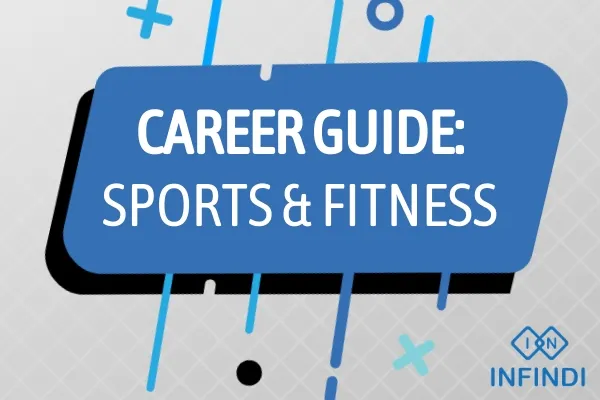For those with a passion for physical activity, a dedication to promoting health and well-being, and a love for motivating others, careers in sports and fitness offer an exciting and dynamic path. Whether you’re an experienced fitness professional or someone exploring entry-level opportunities, understanding the intricacies of jobs in sports and fitness is essential. This article aims to provide a comprehensive guide to sports and fitness careers, addressing duties, salary expectations, job descriptions, skills, qualifications, education and training requirements, experience prerequisites, frequently asked questions, and daily tasks.
1. Duties and Responsibilities
Sports and fitness professionals play a pivotal role in fostering physical health, promoting active lifestyles, and enhancing athletic performance. Common duties and responsibilities include:
- Training: Designing and implementing fitness programs for individuals or groups.
- Coaching: Providing guidance and instruction in sports activities.
- Assessment: Evaluating clients’ fitness levels and setting realistic goals.
- Nutritional Guidance: Offering advice on diet and nutrition for optimal performance.
- Event Management: Organizing and coordinating sports events or fitness classes.
2. Salary Expectations
The salary for jobs in sports and fitness varies based on factors such as experience, specialization, and the employing organization. Entry-level positions may start at around $30,000 annually, while experienced professionals in managerial or specialized roles can earn well over $60,000. Compensation may include additional income from personal training sessions, classes, or event management.
3. Possible Job Descriptions
Sports and fitness roles encompass various positions, each contributing to different aspects of physical activity and wellness:
- Personal Trainer: Providing individualized fitness programs and coaching.
- Fitness Instructor: Leading group exercise classes and promoting wellness.
- Sports Coach: Guiding athletes in skill development and team strategies.
- Nutritionist: Offering nutritional guidance for optimal health and performance.
- Sports Event Coordinator: Planning and executing sports events or competitions.
4. Skills and Qualifications
Successful sports and fitness professionals possess a combination of knowledge, communication skills, and a passion for promoting a healthy lifestyle. Key skills include:
- Fitness Expertise: Knowledge of exercise physiology, training techniques, and nutrition.
- Communication: Effectively conveying instructions and motivating clients.
- Motivational Skills: Inspiring individuals to achieve their fitness goals.
- Adaptability: Tailoring programs to meet the needs of diverse clients.
- Team Collaboration: Working with athletes or clients in a supportive manner.
5. Education and Training Requirements
Educational requirements for sports and fitness jobs vary, with many positions requiring at least a high school diploma or equivalent. Specialized roles, especially those in coaching or nutrition, may require a bachelor’s degree in a relevant field. Certification from recognized fitness organizations is often necessary.
6. Experience Requirements
Entry into sports and fitness jobs often involves gaining practical experience through internships, entry-level positions, or personal training apprenticeships. Advancement to specialized or managerial roles may require several years of successful experience and additional certifications.
7. Frequently Asked Questions
Q: How does technology impact sports and fitness jobs?
A: Technology has transformed sports and fitness with innovations such as fitness trackers, virtual training platforms, and performance analytics, enhancing training methods and tracking progress.
Q: Can sports and fitness professionals specialize in specific areas?
A: Yes, sports and fitness professionals often specialize in areas such as strength and conditioning, nutrition, specific sports coaching, or rehabilitation, based on their interests and expertise.
Q: What role does community engagement play in sports and fitness careers?
A: Community engagement is vital in sports and fitness careers to promote wellness, build a supportive fitness community, and encourage active participation.
8. Daily Tasks and To-Do Lists
The daily tasks of a sports and fitness professional can vary based on their specific role, client needs, and organizational setting, but a typical to-do list may include:
- Conducting fitness assessments for clients.
- Designing and leading training sessions or classes.
- Providing coaching and guidance in sports activities.
- Offering nutritional advice and meal planning.
- Organizing and managing sports events or fitness programs.
In conclusion, a career in sports and fitness offers an exciting and fulfilling journey for individuals dedicated to inspiring wellness and performance. Whether you’re entering the sports and fitness field or aiming for advancement, understanding the duties, qualifications, and daily tasks associated with sports and fitness jobs will set you on the path to success. Explore opportunities, motivate others to lead active lives, and embark on a rewarding career in the ever-evolving world of sports and fitness.

